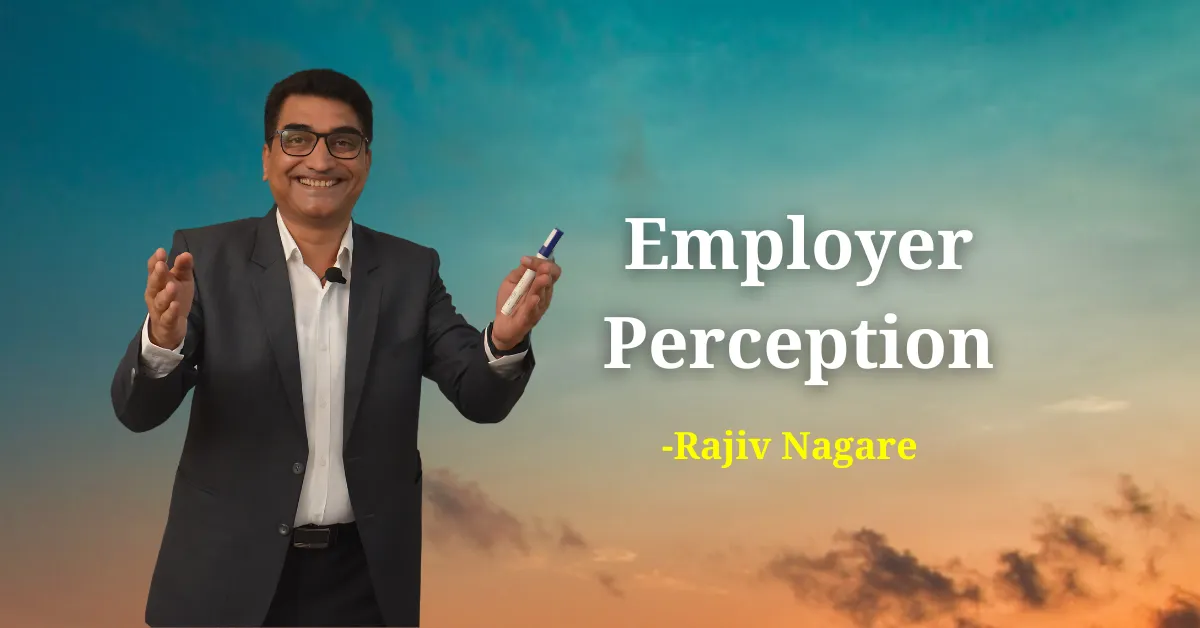How Do Employers View Online Degrees Compared to Traditional In-Person Degrees?
In today’s fast-evolving job market, many young professionals are considering online degrees as a flexible and cost-effective alternative to traditional in-person degrees. But, there is often a question that lingers: Do employers in India accept online degrees? Are they valued equally to regular degrees, or is there a difference in how they are perceived by employers?

As someone who helps young employees secure high-paying jobs and advance their careers, it's essential to have a clear understanding of how online degrees are viewed in India. In this blog post, we will explore the answers to four key questions about online degrees in India, helping you make an informed decision about your education and career path.
1. Do Companies Accept Online Degrees in India?
Yes, many companies in India accept online degrees, especially if they are from recognized universities. The increasing popularity of online education, accelerated by advancements in technology, has led to greater acceptance of online degrees across various industries.
However, the key factor here is the accreditation and recognition of the online degree. Online degrees from Top Graded UGC Recognized Indian Universities hold significant weight in the job market, as these institutions follow strict academic standards and have approval from the University Grants Commission (UGC), which is the body responsible for overseeing university education in India.
Employers in sectors such as IT, BFSI, services, and even manufacturing are recognizing the value of online degrees, especially as they offer employees the opportunity to gain skills and knowledge while working. Online BBA, MBA, BCA, MCA, BCOM, MA, MCOM, and other programs from recognized institutions are increasingly being viewed as credible credentials by employers.
2. Does an Online Degree Have Value in India?
Yes, an online degree does have value in India, but its worth depends largely on the institution offering the degree and the specialization of the program. As mentioned earlier, online degrees from Top Graded UGC Recognized Indian Universities are highly respected and carry value because they meet the same academic standards as traditional in-person degrees.
Many companies are now prioritizing skills and competencies over the format of education. This shift means that employers care more about whether a candidate can perform the tasks required for the job rather than whether they attended classes on-campus or online. For instance, an online MBA from a recognized university is seen as just as valuable as an in-person MBA, especially if the program includes practical assignments, projects, and internships that develop relevant skills.
Furthermore, online education offers flexibility, which is particularly appealing for working professionals who want to advance their qualifications without taking a break from their careers. This flexibility is an attractive quality to employers who value continuous learning and skill development in their employees.
3. Is an Online Degree the Same as a Regular Degree in India?
An online degree can be equivalent to a regular degree, but it is important to clarify that not all online degrees are created equal. A regular in-person degree typically involves physical classroom interactions, face-to-face learning experiences, and direct access to professors and peers. On the other hand, online degrees are delivered via digital platforms, providing flexibility but without the physical presence in a classroom setting.
Despite these differences in delivery, an online degree from a Top Graded UGC Recognized Indian University is considered equivalent to a regular degree in terms of academic value. The coursework, curriculum, and assessments are designed to meet the same standards. However, some employers may still have a preference for traditional in-person degrees in certain fields like medicine, law, or engineering, where practical hands-on learning is crucial.
In many fields, especially those in IT, BFSI, and services, the focus is now more on skills and practical knowledge. If you have an online MBA or BCA from a reputed institution, it will be treated with the same respect as an in-person degree. Moreover, employers are increasingly recognizing that online education encourages self-discipline and time management, qualities that are highly valued in the professional world.
4. Which Degree is Most Respected in India?
While there are various degrees that hold significant respect in India, the most respected degrees often depend on the industry you’re targeting. However, the most respected degrees are usually those that come from Top Graded UGC Recognized Indian Universities and are backed by solid academic credentials and real-world applicability.
Some of the most respected degrees in India include:
MBA (Master of Business Administration): The MBA remains one of the most prestigious degrees in India, particularly for those looking to move into management roles in any industry.
BCA (Bachelor of Computer Applications) and MCA (Master of Computer Applications): In the IT sector, these degrees are highly respected and often seen as the foundation for a successful career in technology.
BBA (Bachelor of Business Administration) and BCom (Bachelor of Commerce): These undergraduate degrees are highly respected in both the corporate world and government jobs, providing solid foundations for roles in management, finance, and business operations.
MCom (Master of Commerce) and MA (Master of Arts): These degrees are respected in fields like finance, education, and government services.
While these degrees are all highly respected, the most important factor is the reputation of the university offering the degree and the skills you gain during the program. Employers value candidates who can demonstrate practical knowledge and problem-solving abilities, regardless of whether the degree is earned online or through traditional means.
How to Maximize the Value of an Online Degree for Career Growth
To make the most of an online degree, it’s crucial to focus on both academic performance and practical application. Here are a few ways to ensure that your online degree stands out to employers:
Personal Branding: Use platforms like LinkedIn to showcase your online education, emphasizing how the skills acquired align with your career goals. Highlight projects, certifications, and relevant coursework.
Skill-Building: Focus on acquiring relevant skills and certifications beyond your degree. Skills in project management, data analysis, and digital tools can complement an online degree and demonstrate your readiness for career advancement.
Networking: Actively engage with industry professionals and alumni from your institution. Networking can introduce you to hidden job opportunities and help employers see the commitment behind your online studies.
Demonstrate Initiative: In interviews and performance reviews, make sure to communicate how your online education has equipped you with the necessary skills to meet industry standards. Link your online studies to real-world results whenever possible.
By following these steps, professionals can harness the full potential of an online degree and make a compelling case for their value to employers.
Choose Wisely and Break the Stagnation Cycle
Online degrees have become a viable alternative to traditional education, particularly for those looking to upskill while maintaining their current roles. In India, degrees from Top-Rated institutions hold substantial value and are accepted by employers in many fields. Need help shortlisting top accredited universities for your degree upgrade? Schedule a call with me and get expert guidance! While there may still be some traditional bias, particularly with lesser-known institutions, the evolving job market increasingly appreciates the dedication and skills gained from online learning.
In summary, online degrees are increasingly being accepted and valued by employers in India, especially when they come from Top Graded UGC Recognized Indian Universities. As long as the degree is from a recognized institution and the candidate can demonstrate the relevant skills and knowledge, an online degree can be just as valuable as a traditional in-person degree.
For young professionals looking to advance their careers, online education offers a flexible and efficient way to gain qualifications without interrupting their job. Whether you choose an online MBA, BCA, or any other degree, the key to success lies in upgrading your skills, networking effectively, and staying committed to continuous learning.
Remember, employers are looking for qualified professionals who can perform in the workplace, and an online degree can help you achieve that, provided you invest in your personal development and career growth
Comment below with your thoughts, and let's start a conversation





